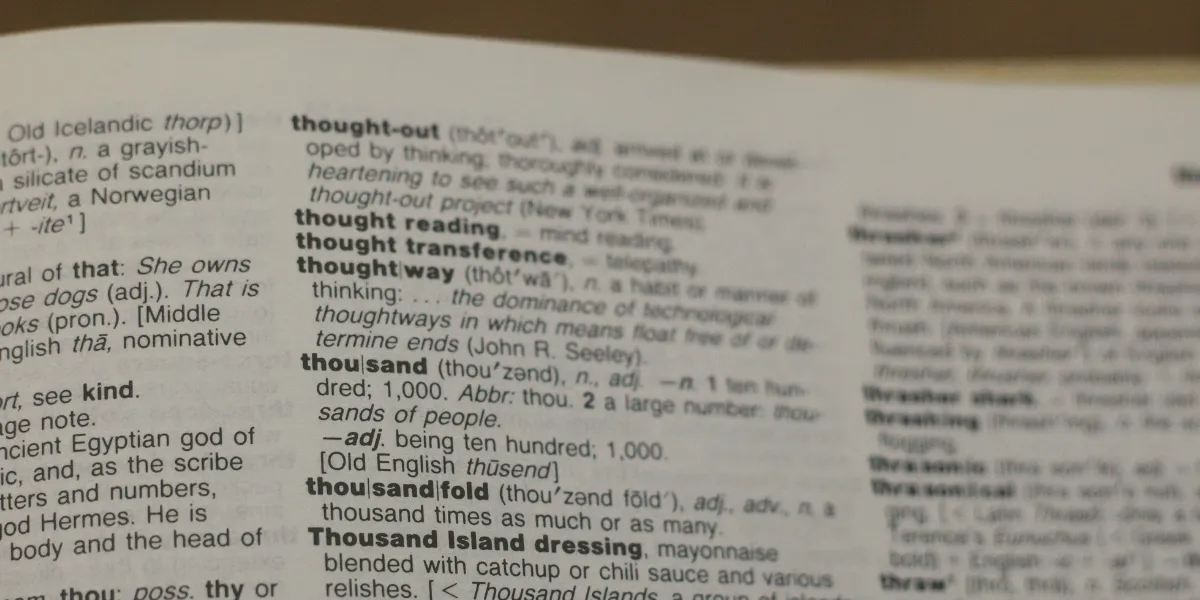
How we communicate at work is hugely important. It can make all the difference to how we are perceived and our reputation. Language in the workplace can even mean the difference between getting that promotion or not.
Yet, language is living. It changes and develops over time. This sometimes means that what was once an acceptable idiom is now no longer used. We’re going to take a look at some of these changes and how you can negotiate language in the workplace.
Culture, language and communication
How we talk and what we say ultimately comes down to our culture. It’s why here in England we say ‘pavement’ instead of ‘sidewalk’, ‘autumn’ instead of ‘fall’ and a ‘jumper’ can mean a ‘sweater’.
English may well be the most widely spoken language in the world but not all English is the same and can cause confusion.
Even within the UK, we have a rich variety of words that are regional. Take for example words like jigger, ginnel, snicket, twitten, pend and shut. These are only a selection of the words used to describe an alleyway – the space between two rows of houses or walls and hedges.
Let’s not stop there. There are some amusing words that translate fantastically back into English.
- In Afrikaans, the word for ‘stapler’ translates as a paper vampire.
- The German word for ’slug’ means naked snail
- ‘Echo in Icelandic becomes ‘rock language’.
- Or the Finnish word for ‘dice ‘that translates as lottery cubes.
Also in Finland they have a word specifically for drinking at home alone in your pants: Kalsarikannit
Living language
All languages are living. This means they evolve and develop over time. Every year the Oxford English Dictionary adds new words that have appeared in our lexicon over time.
In the last quarter alone, over 1400 words and updates were added to the dictionary. Understandably, new words that have appeared in our vocabulary over the past year include pandemic, lockdown, doom-scrolling and furlough.
At the same time, other words are phrases are deemed unacceptable as attitudes towards race, religion and sexuality change.
Take, for example, the phrase ‘Chinese whispers’. A game that many people have played with children. This is no longer considered an acceptable phrase given that it is steeped in xenophobia and stereotypes.
As we look further into the genesis of our language, we may find more of our everyday terms becoming less well used.
Personal pronouns
Gender neutral pronouns are not a new addition to our language. There is evidence of ‘they’ and ‘their’ being used in Chaucer’s The Canterbury Tales in 1386.
Gender neutral pronouns can also be found throughout the works of Shakespeare. While the use of the pronouns were not to specify gender neutrality until quite recently, it’s a good example of how our language changes.
In the workplace, it’s important to be respectful of the pronouns that someone chooses to use. Whether it is Ms or Mrs, he/him, or they/them. Giving staff the right to share their preferred pronouns helps create a safer space for all gender diversity.
Language in the workplace
Language in the workplace can often be a sensitive subject and what is acceptable is invariably decided by your office culture. For example, having a culture where swearing is acceptable may be hard to accommodate staff who feel offended by profanities. And for those who have no issue with swearing, it can be frustrating to moderate their behaviour for others.
Or on a less serious level, using acronyms and business-speak are very much a result of an unspoken rule book about how you communicate. But can equally create a reaction in people.
Respectful language
While everyone has a different approach to language, which is often influenced by those we live and work around, the general consensus is that language should be used respectfully. To never go out of your way to offend, especially at work.
With the evolution of language, we are all in some way learning and developing our communication methods. And they will continue to change as our society, culture and technology changes.
